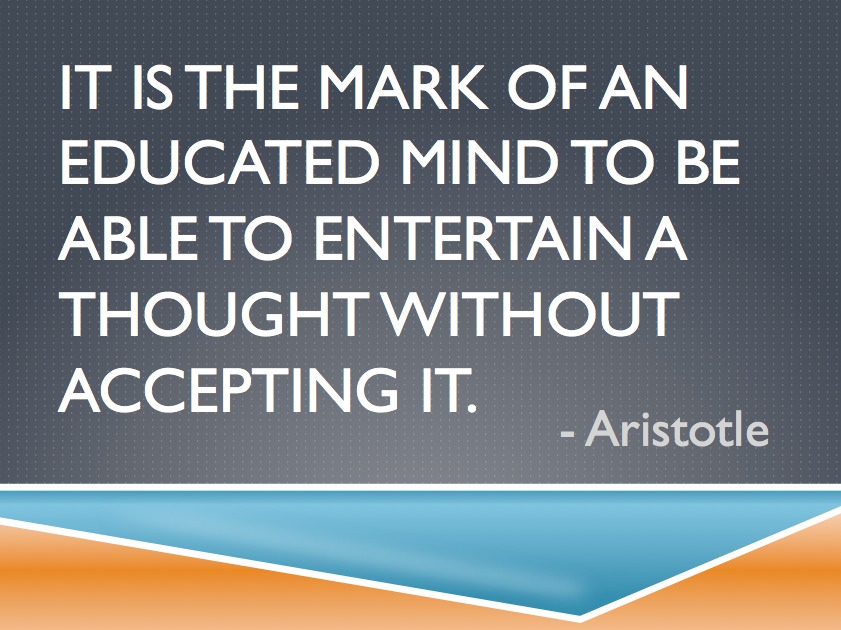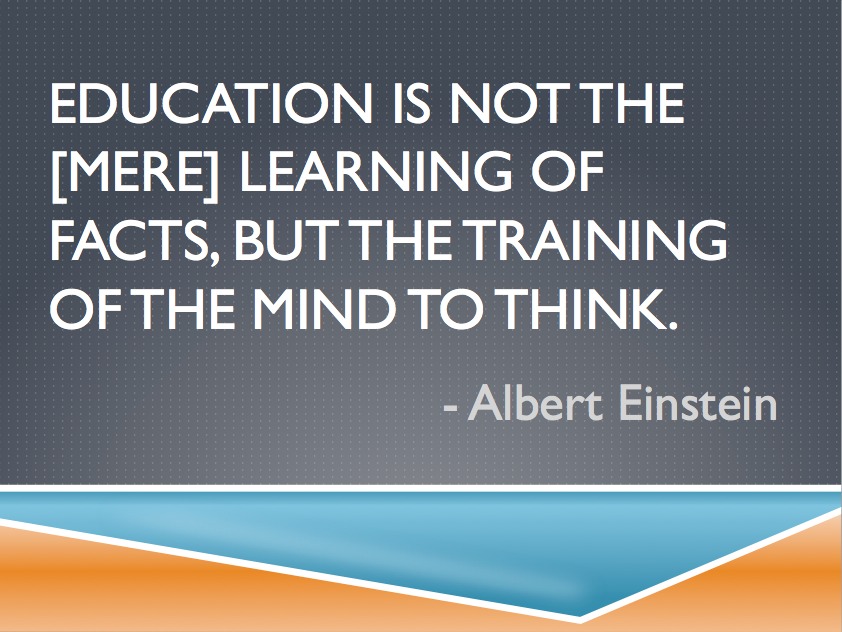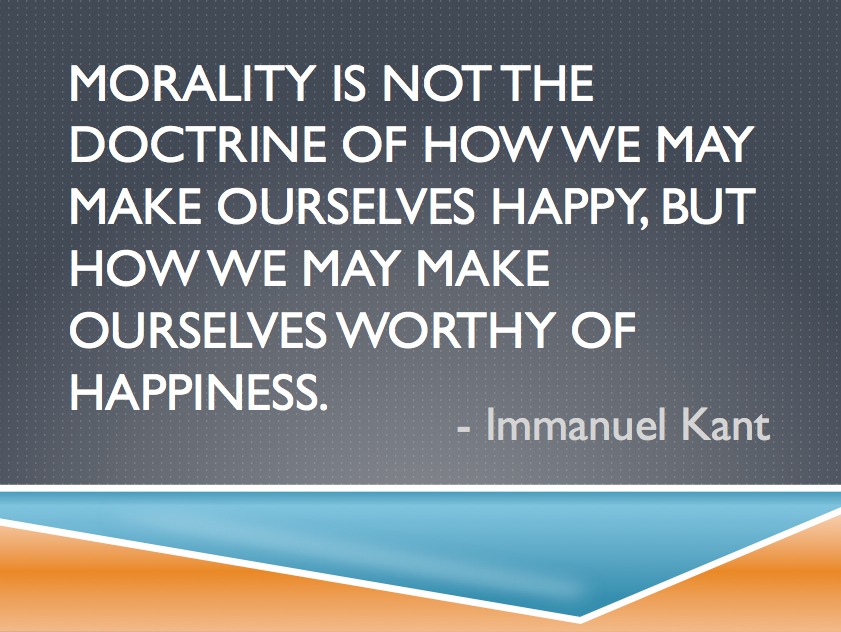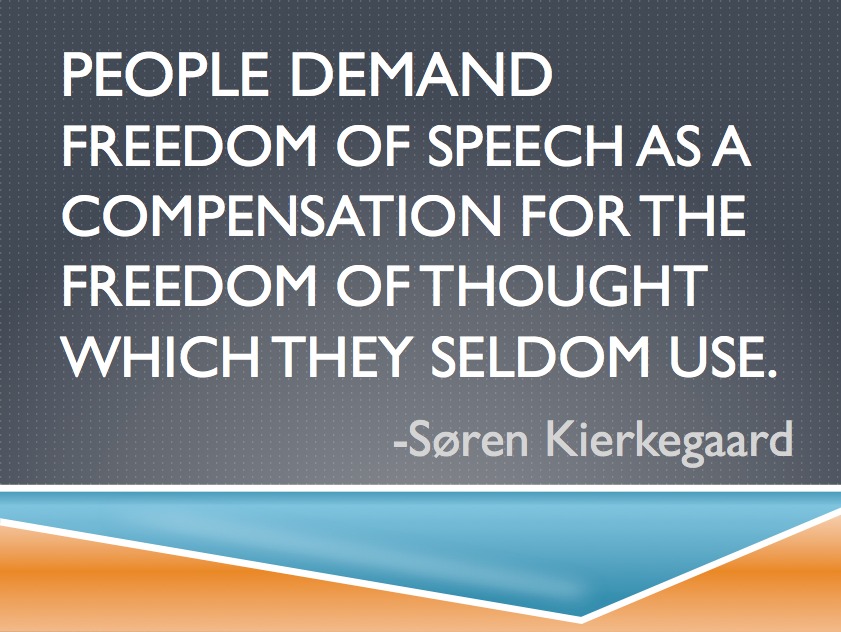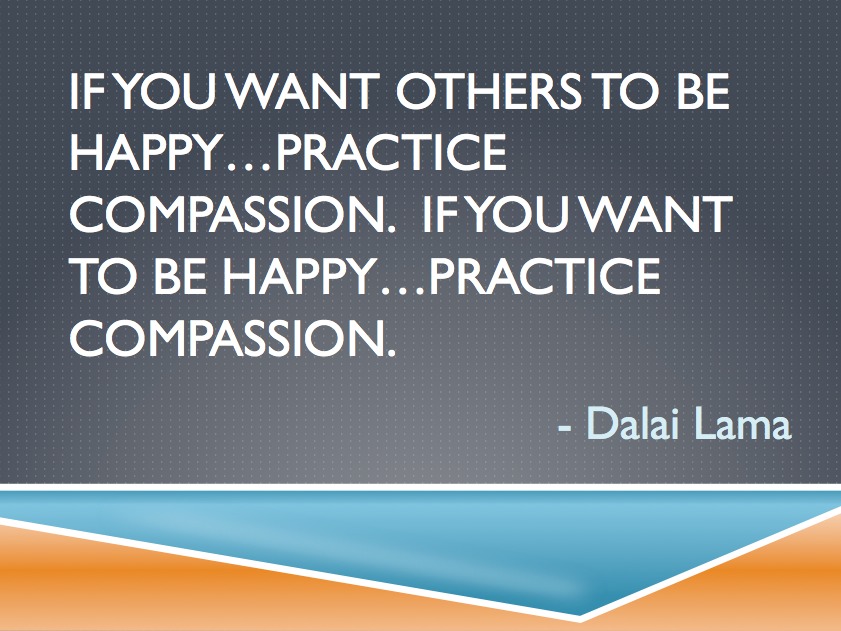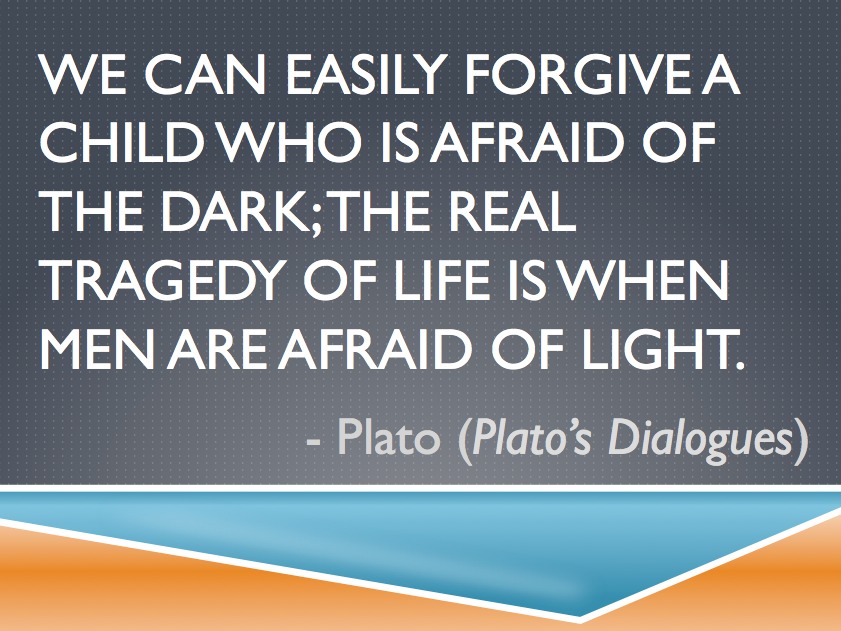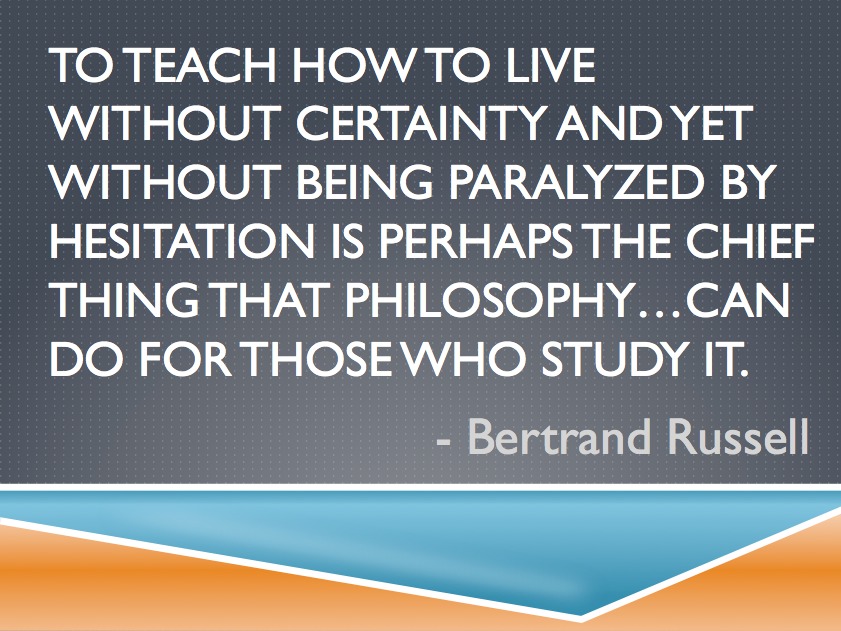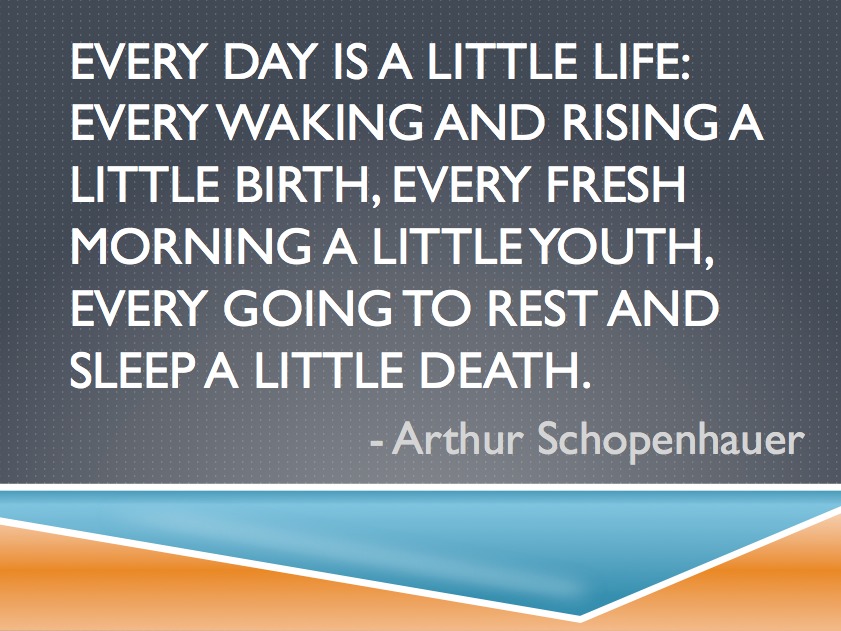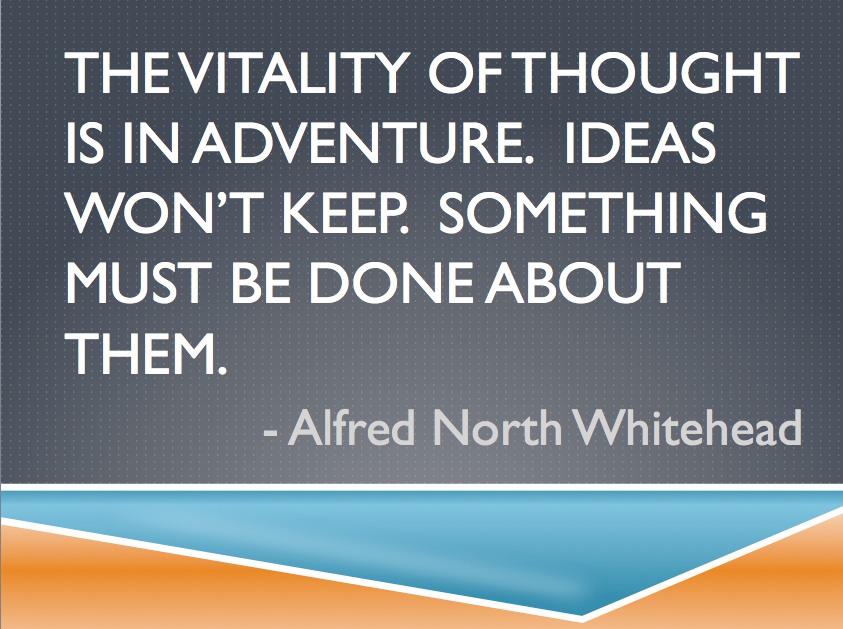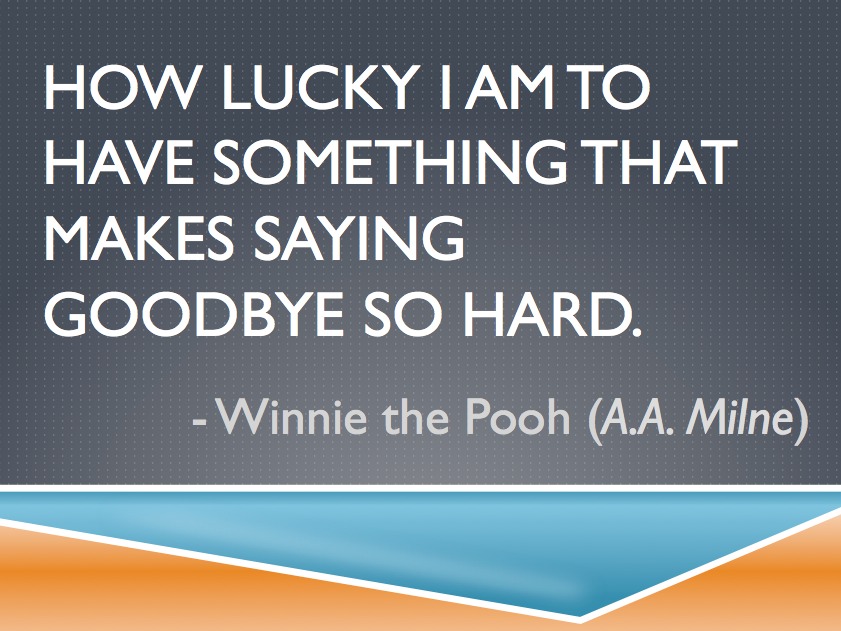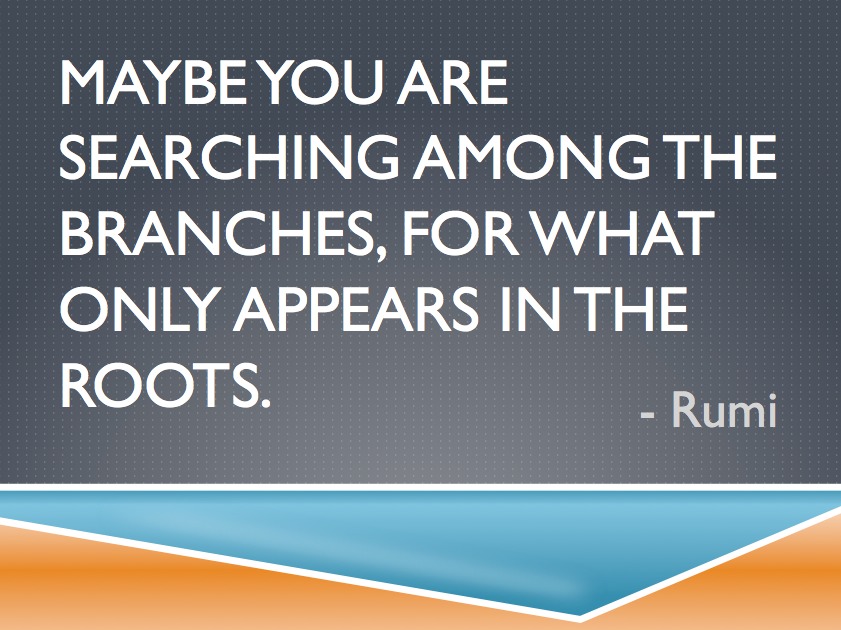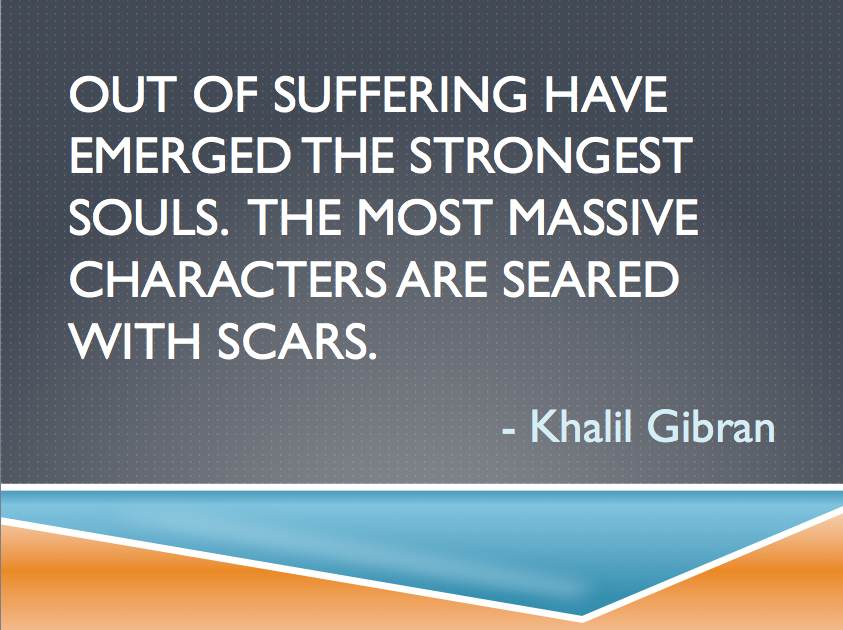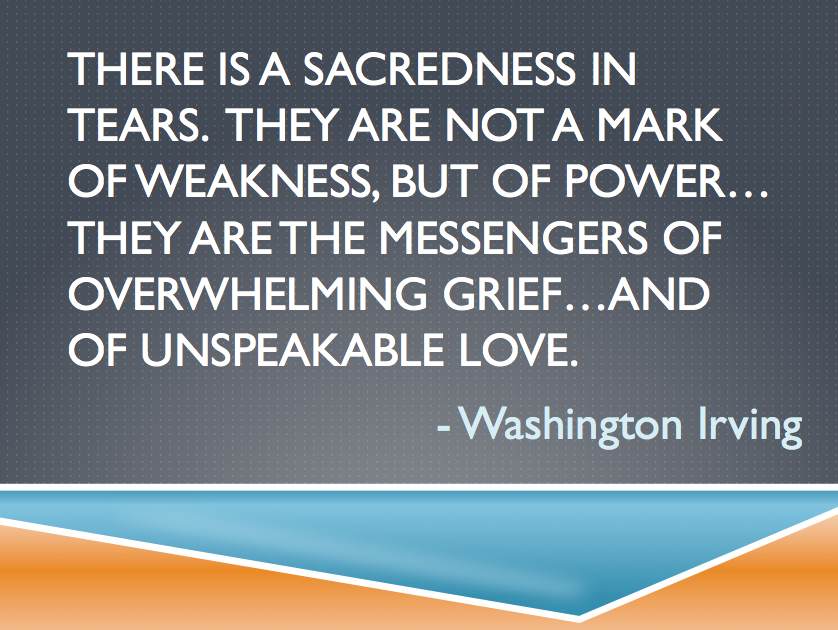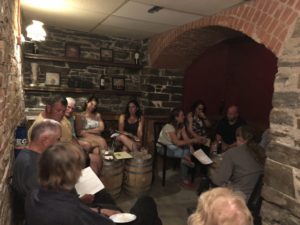 In light of the rise in concern about homelessness in Helena, we decided to dedicate our August Think & Drink session (as well as our September gathering — to occur on the 13th) to a philosophical exploration of the moral dimensions of homelessness.
In light of the rise in concern about homelessness in Helena, we decided to dedicate our August Think & Drink session (as well as our September gathering — to occur on the 13th) to a philosophical exploration of the moral dimensions of homelessness.
We began our discussion by taking somewhat of a backdoor approach, focusing our attention on our concepts of ‘home.’ Why such an approach?
First, it is not uncommon in philosophy when one desires to understand what something is (in this case ‘what it means to be homeless’ and all that that entails) to look first at what it is not (i.e., instead of trying to wrap our brains around ‘homelessness’ we start by wrapping our brains around ‘home’). In addition, with the exception of a few self-identified individuals in the group, most of the group had never experienced what it felt like to be homeless…so rather than starting by trying to identify what we knew less about…we thought it fruitful to start on more familiar grounds…on ‘home’ base so to speak.
No face can be approached with empty hands and closed home…The need of the other is my spiritual need. – Emmanuel Levinas
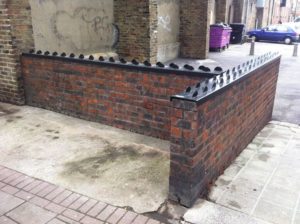 Second, for clarity sake. By affording the philosophical space to develop and reflect on our sense(s) of home, we hoped that we would then be able to better identify some of the deeply relevant philosophical issues at hand — questions concerning meaning and purpose, aspirations, motivations, fears, personal identity, freedom, autonomy, and more.
Second, for clarity sake. By affording the philosophical space to develop and reflect on our sense(s) of home, we hoped that we would then be able to better identify some of the deeply relevant philosophical issues at hand — questions concerning meaning and purpose, aspirations, motivations, fears, personal identity, freedom, autonomy, and more.
Being “at home” or “not at home” has become a measure of our existential health. Reflecting on concepts of home can lead to questions about the meaning of home, not simply in relation to our personal center of reference, but also with respect to our investments in family, community, work, and politics. — James A. Tuedio, Department of Philosophy, CSU Stanislaus
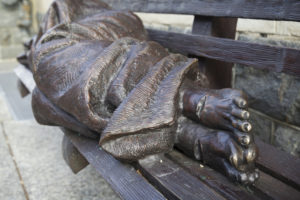 Third, for intellectual and emotional sensitivity. Sometimes…by wading into the phenomenological realm first – by trying to “see” with more finely-tuned lenses what sorts of things are at stake and why they are important – we can expand our perspectives beyond ourselves, we can better empathize and relate with others, and we can better identify challenges and solutions that embrace the fullness and complexities of the issues at hand…the sticky tendrils of what in philosophical circles are oft called “wicked problems.”
Third, for intellectual and emotional sensitivity. Sometimes…by wading into the phenomenological realm first – by trying to “see” with more finely-tuned lenses what sorts of things are at stake and why they are important – we can expand our perspectives beyond ourselves, we can better empathize and relate with others, and we can better identify challenges and solutions that embrace the fullness and complexities of the issues at hand…the sticky tendrils of what in philosophical circles are oft called “wicked problems.”
Concepts of ‘Home’
- What are the connections of our conception(s) of “home” to our personal identity? Our growth? Our development?
- What are the connections of our conception(s) of “home” to security? Openness?
- What are the connections of our conception(s) of “home” to our experiences of inclusion/exclusion? Displacement? Being/belonging?
Home as a Place of Safety & Security
- What sorts of value do we attach to safety & security?
- Why do we think our intuitions about safety & security are so ingrained in our concepts of home?
Home and Personal Identity
- How do our concepts of home relate to our personal identity?
- How do our concepts of home influence our expectations in life (for growth and development)?
- How might discussion about power and control come into play when our sense of home is disrupted?
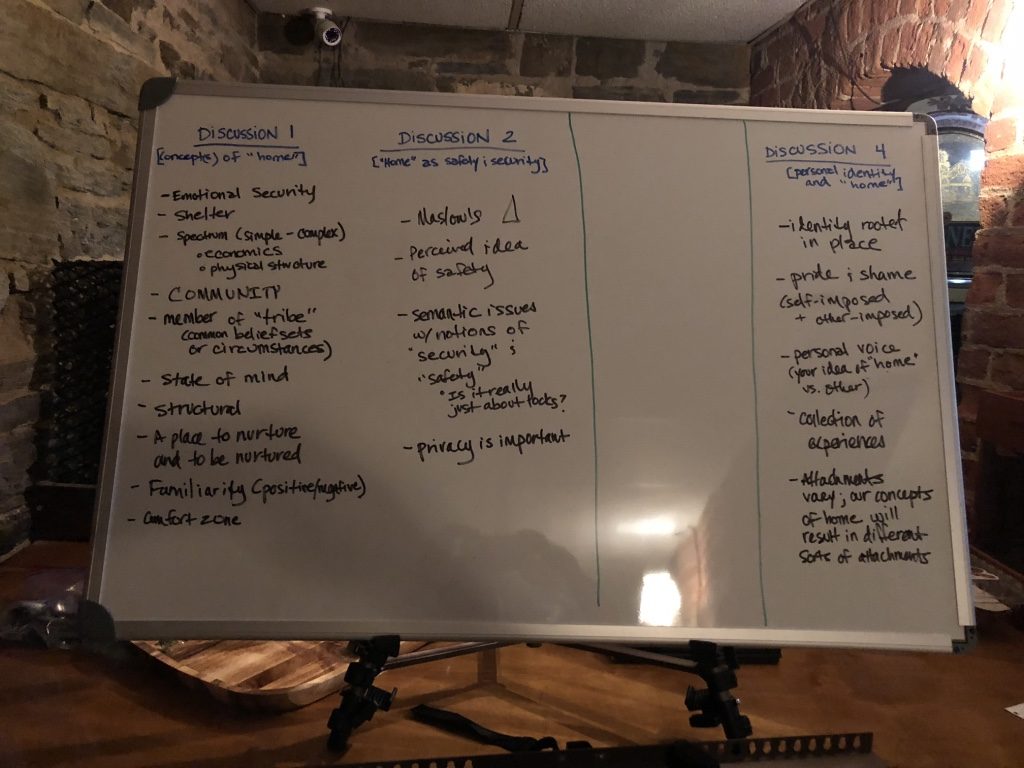
Some Resources
- September 2018 Philosophy Think & Drink: Moral Dimensions of Homelessness (Special Topic – Part 2)
- Thinking About Home: An Opening for Discovery in Philosophical Practice – James A Tuedio, Department of Philosophy, CSU Stanislaus
- Homelessness & the Limits of Hospitality — Anya Daly, Philosophy Now – Issue 123
- Homelessness & Home: Community Philosophy Institute University of Oregon Philosophy Department






Thank you to the Philosophy Learning & Teaching Organization (PLATO) for supporting philosophy in the community and helping us bring activities like these to the Helena community!








